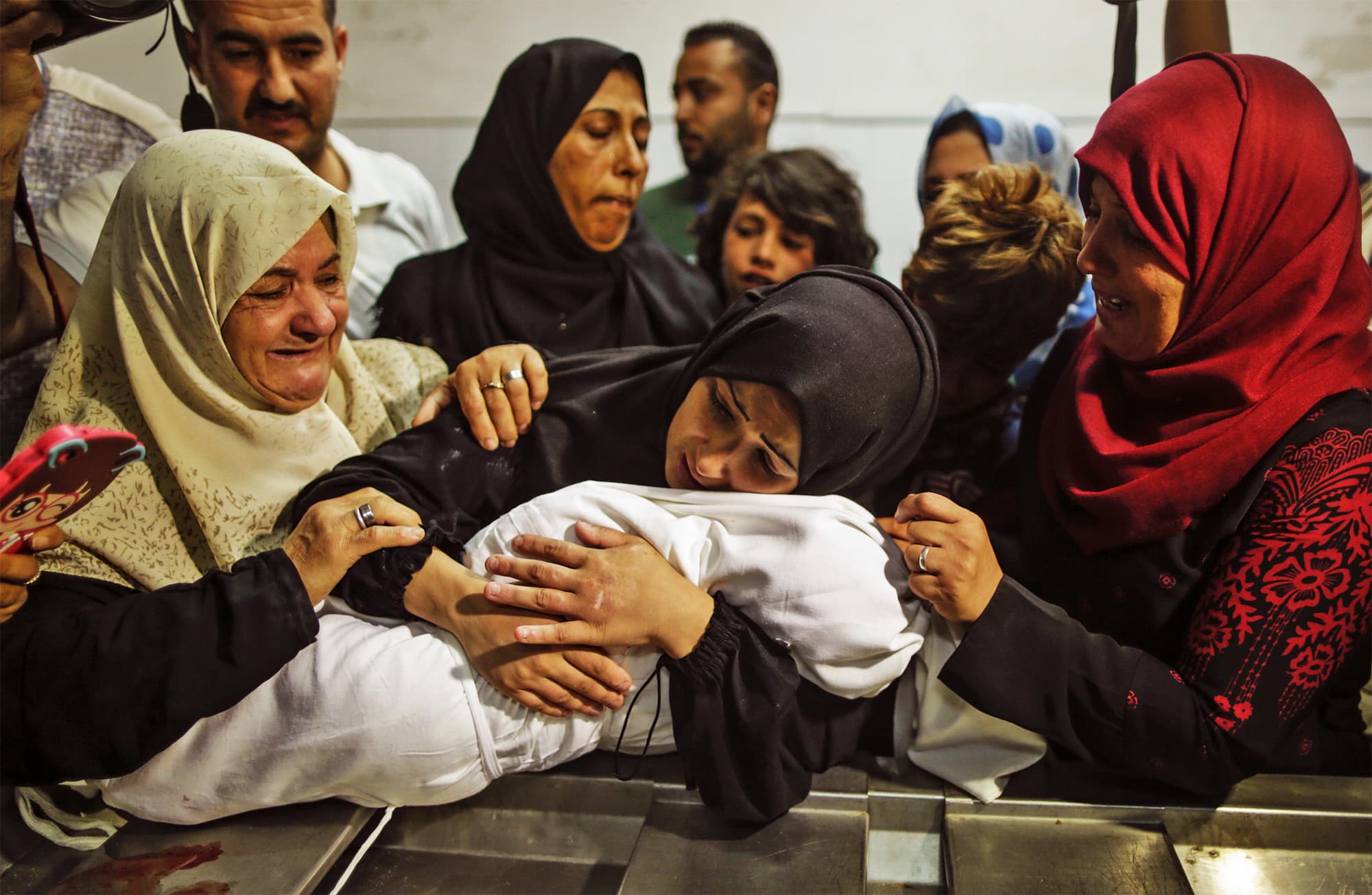During wars, everyone is at risk, but it’s the women and children who often bear the heaviest burden. We read the news, watch videos, and feel helpless for not being able to do anything to save them. However, we can advocate and raise awareness about this important topic. In this article, we will delve into the critical roles women play during war, the challenges they face, and how these challenges can impact the gender gap.
As we mentioned, everyone is at risk in wars, and women often face a higher risk of physical and sexual violence, displacement, and economic hardship.
Women often play an important role as caregivers during war, providing support to children, the elderly, and the injured. They are the emotional backbone of their families and communities. Many become the provider when male family members are involved in combat. Women also serve as nurses, doctors, and healthcare providers in both military and civilian contexts during war, tending to the wounded under challenging conditions. In some conflicts, women engage in resistance movements and advocacy for peace and justice, working toward conflict resolution and human rights.
Women face numerous challenges during wars, including increased risk of physical and sexual violence, both domestic and at the hands of armed groups. This violence can lead to severe physical and psychological consequences. Many women and their families are forced to flee their homes due to conflict, leading to displacement and life in overcrowded, unsanitary refugee camps with limited access to education, healthcare, and employment. War disrupts local economies, making it difficult for women to support their families. They often take on new roles and responsibilities to make ends meet, which can be especially challenging in traditionally patriarchal societies.
Pregnant women in conflict zones face additional obstacles, with limited access to medical care and safe birthing conditions. This leads to life-threatening risks for both mother and child, contributing to high maternal and infant mortality rates and exacerbating gender disparities.
Women with disabilities face even greater challenges during wartime, as infrastructure to support their needs is often lacking. This leads to increased vulnerability, neglect, and limited access to resources, perpetuating disparities faced by disabled women.
Additionally, menstrual hygiene is a critical yet often overlooked aspect of women’s health during war. In conflict zones with minimal healthcare, women struggle to manage menstruation safely and hygienically due to a lack of access to sanitary products, clean facilities, and privacy.
The impact of these challenges on women’s well-being, education, and economic opportunities can contribute to the gender gap. However, by advocating and raising awareness about the condition of women in war, we can be their voices and work toward a more equitable future. Being a feminist means standing for all women, and this article is a step in that direction.
Bio : Hania knio from Lebanon. Currently the Female Leadership programme manager of IFLRY. Psychologist and political activist.

